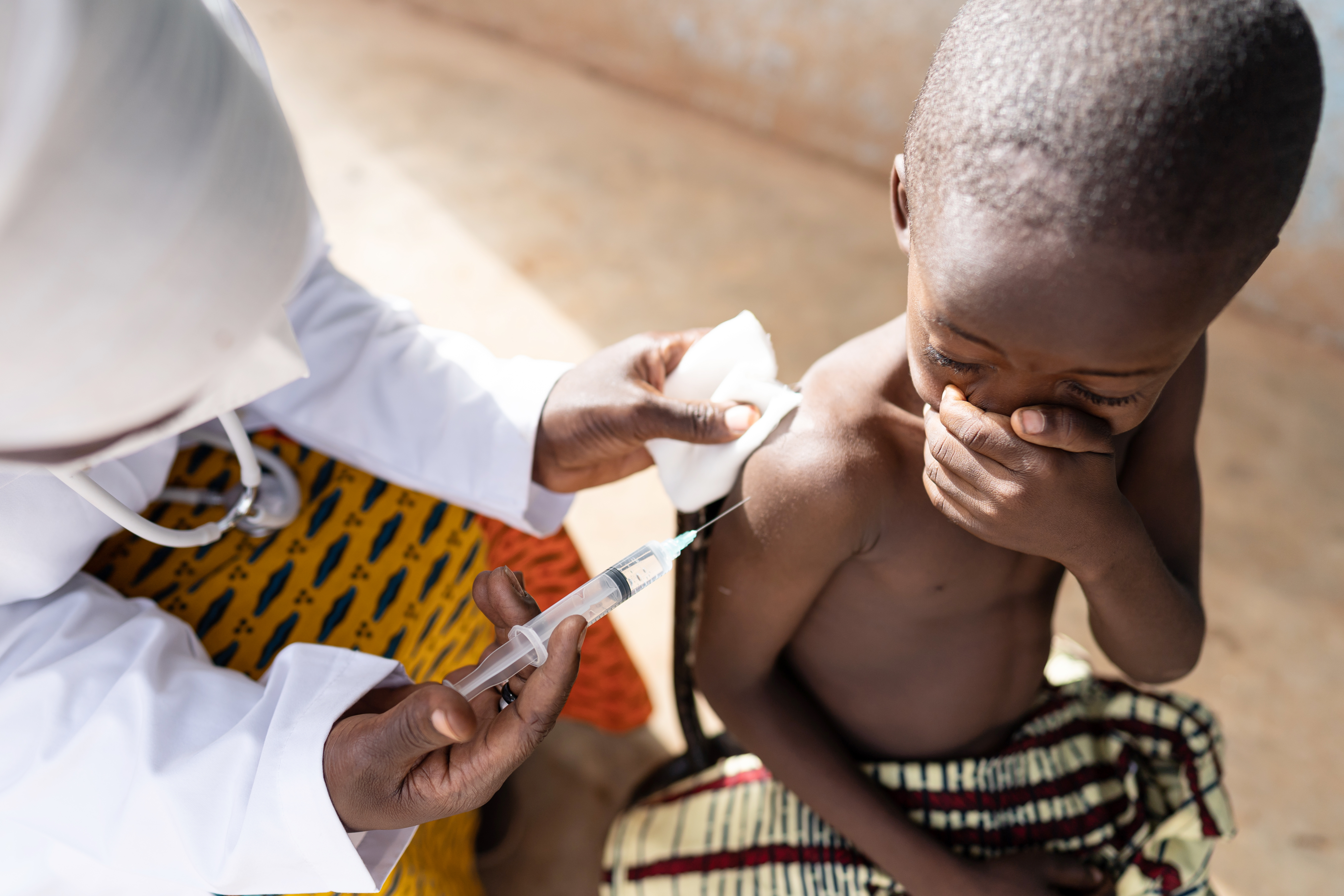Non-communicable diseases (NCDs), such as cardiovascular diseases (including heart attacks and stroke), diabetes, cancer, and chronic respiratory diseases (such as chronic obtructive pulmonary disease and asthma), have become a significant global health concern. These diseases are primarily driven by lifestyle factors like poor diet, lack of physical activity, smoking, and excessive alcohol consumption. However, NCDs are also influenced by genetic, environmental, and socioeconomic factors. Sub-Saharan Africa, South Asia, and parts of Latin America have seen an alarming rise in the prevalence of these diseases, which traditionally were considered concerns of high-income countries.
The Growing Burden of Non-Communicable Diseases
The World Health Organization (WHO) reported that NCDs were responsible for at least 43 million people in 2021, a total of 75% of all non-pandemic related global deaths. While the prevalence of these diseases is rising globally, regions with limited access to healthcare resources, particularly in low- and middle-income countries, are facing a disproportionate impact. In many of these regions, healthcare systems are often ill-equipped to manage the burden of NCDs effectively. As a result, the outcomes of these diseases are often more severe, and the chance of successful treatment or management is reduced. In a report published by the Journal of Health, Population and Nutrition , it was stated nearly four out of five NCD-related fatalities take place in low- and middle-income nations.
The Need for Clinical Trials in High-Prevalence Regions
Clinical trials (CTs) are a cornerstone in the development of effective treatments and management strategies for NCDs. However, there remains a significant gap in conducting clinical trials in regions where these diseases are most prevalent. Clinical trials help researchers understand how treatments work in different populations, assess potential side effects, and determine the best course of action for diverse patient groups. Without robust data from regions with high rates of NCDs, the global medical community risks missing critical insights into disease progression and treatment outcomes in these areas.
Addressing the Global Health Disparity
Conducting clinical trials in high-prevalence regions ensures that treatments are not only developed based on populations in high-income countries but are also tailored to the specific needs of local populations. For example, certain genetic factors, dietary habits, and environmental conditions may influence how individuals in these regions respond to medication or therapy. Without this localized data, treatments developed elsewhere may be less effective in these regions.
The inclusion of diverse populations in clinical trials helps in creating a more equitable healthcare environment, ensuring that no region or population is left behind in the progress toward better treatment outcomes for NCDs.
The Role of Local Healthcare Systems and Infrastructure
The successful implementation of clinical trials in high-prevalence regions depends on strengthening local healthcare systems and infrastructure. Establishing clinical trial sites in these regions requires collaboration with local healthcare providers, researchers, and policymakers to build capacity and ensure that trials are conducted in a safe, ethical, and scientifically rigorous manner. This collaboration not only helps improve the treatment options available for NCDs but also contributes to the long-term development of healthcare infrastructure in these regions, which is critical for managing these diseases.
Prof. Maimouna Ndour Mbaye at the PACE Graduation Ceremony
At the PACE graduation ceremony in March 2024, Professor Maimouna Ndour Mbaye addressed the critical need for clinical trials in regions where NCDs are most prevalent. Her insights resonated with the audience, especially those committed to improving health outcomes in Sub-Saharan Africa. Using the example of ketosis-prone type 2 diabetes, she illustrated her point. This unusual form of diabetes, which does not align with the classifications established by the American Diabetes Association or the International Diabetes Federation, has been observed almost exclusively in African populations. Yet, there is no specific management for this condition, as no clinical trials have been conducted to address it. As a result, clinicians must rely on recommendations and guidelines developed in Europe and America. Through this example, Prof. Ndour underscored the pressing need for localized research to ensure that treatments and interventions are relevant to the unique health challenges faced by populations in these regions.
Her speech highlighted how vital it is for African nations to contribute in the development of solutions for NCDs that are specifically tailored to the continent’s needs. The full video of Prof. Maimouna Ndour Mbaye’s speech can be accessed below.
Prof. Maimouna Ndour Mbaye | Research on NCDs in Africa | PACE Graduation
The Way Forward: Investing in Research and Development
To make meaningful progress in the fight against NCDs, there needs to be a concerted effort to invest in research and development in regions where these diseases are most prevalent. This includes not only conducting clinical trials but also training local healthcare professionals, improving diagnostic capabilities, and enhancing public health initiatives. By focusing on the areas most affected by NCDs, we can accelerate the development of effective treatments that are accessible, affordable, and appropriate for local contexts.
In conclusion, conducting clinical trials in regions with high rates of NCDs is essential to ensure that global healthcare solutions are equitable and effective. By addressing the unique needs of populations in these areas, we can create a more inclusive and efficient approach to combating NCDs worldwide. The relevance of these trials cannot be overstated—they are crucial for the future of global health.
Source:
https://www.who.int/news-room/fact-sheets/detail/noncommunicable-diseases
Bhuiyan MA et al. A comparative systematic review of risk factors, prevalence, and challenges contributing to non-communicable diseases in South Asia, Africa, and Caribbeans. Journal of Health, Population and Nutrition (2024) 43:140-151. https://doi.org/10.1186/s41043-024-00607-2


